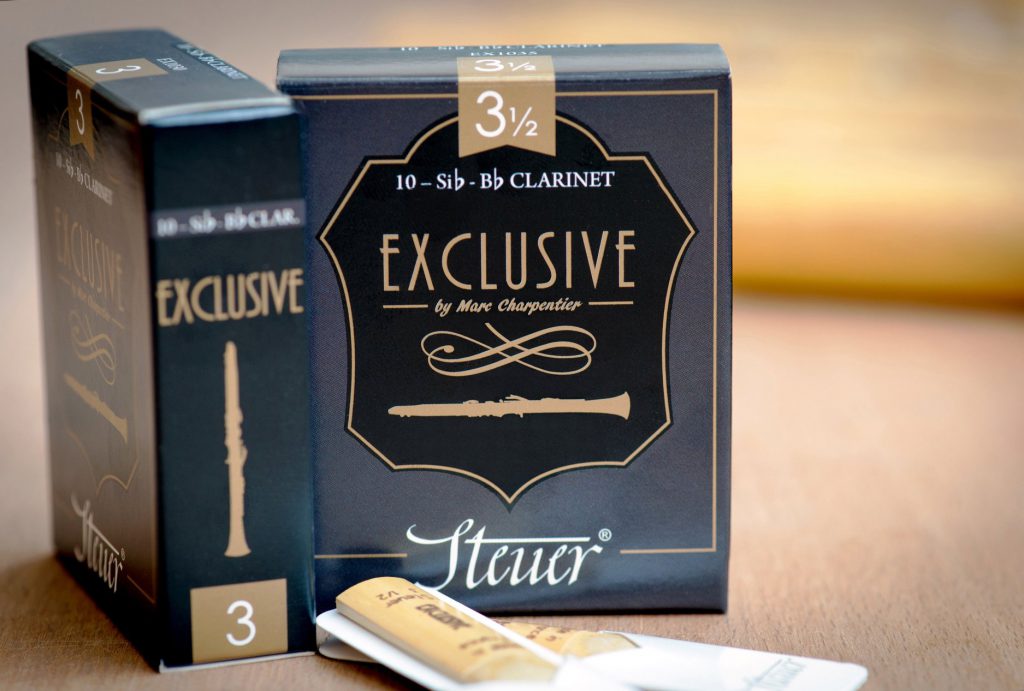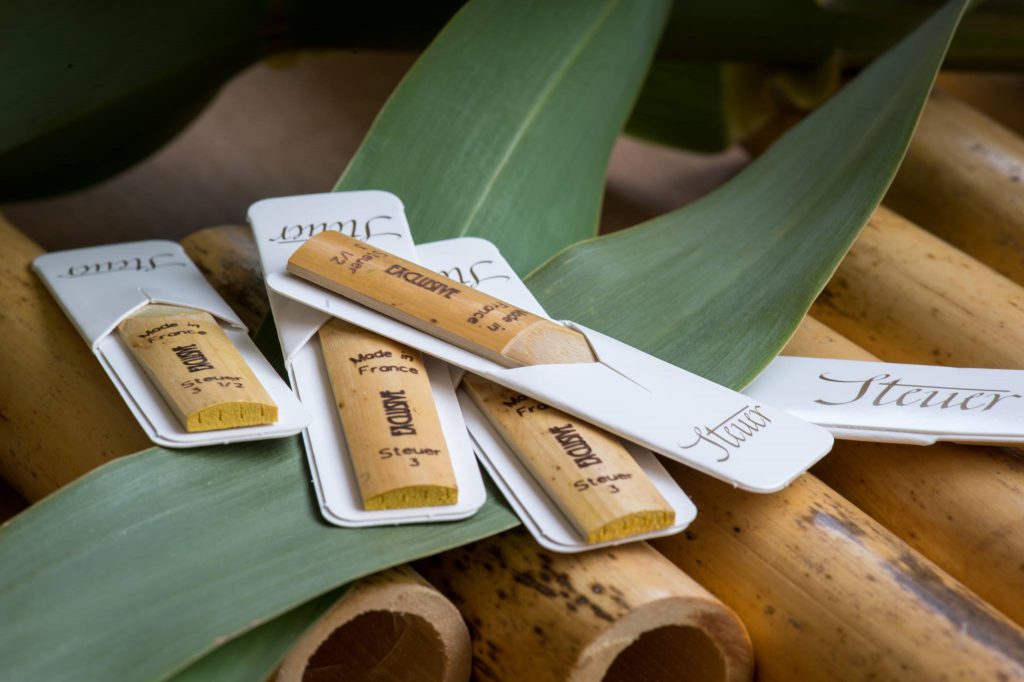New @ LCWB: Steuer Clarinet Reeds


Four years of care and attention are essential for a Steuer reed to be born. Subjected to the breath of the wind for two years, the wood of the reed will become strong and flexible at the same time. Twenty-four more months will see the succession of various stages such as cutting, exposure to sunlight, storage and choice of tubes.
Only then, the best of them will be selected to enter the Steuer workshop. This results in a rigorously chosen raw material. The harvesting, sun drying and storage stages are monitored with the greatest attention. The Steuer reed takes the time to mature to deliver its full potential. After this, a new phase begins: the careful manufacturing of the reed to a end product that rivals the best reeds on the market.
About Steuer
As the soul of any woodwind instrument, thanks to its intimate communion with the artist who has chosen it, the reed is the key which unlocks all the performer’s potential…
In Germany, near Lake Constance in the late 1940s, a reed maker, Gebhart Steuer, called on Honorat Donati, a producer of music reed cane. This cane, Arundo donax, known for its exceptional vibratory qualities, grows along the shores of the Mediterranean, in the Var area of France.
The Donati family in Carqueiranne knows the secrets of good reed cane production. Simultaneously fragile, flexible, and strong (it bends but does not break), this long stem, from which the delicate little musical reeds will be produced, requires a great deal of care.

Only an adaptable wood, which has been able to bend and develop its “muscles” at the mercy of the wind for many long months, can provide this combination of flexibility and sturdiness, essential to the demands of the artist. This is how the reed is able to meet the musician’s requirements.
Meeting these requirements will also depend on other factors, including a good match between the reed and the mouthpiece of the instrument, and the artist’s state of mind when playing: their emotion, their sensitivity. Every artist has their own different sonority.
After this initial contact all those years ago, many other trips from the Var region took place to visit the Steuer business, taken over by Hans and Dorothe Gillhaus in 1997. In 2011, after several decades, nothing could be more natural than the Steuer company now being based in Carqueiranne, in Var, close to the musical reed plantations. It is here that Steuer now continues to create and produce reeds to the highest standards, so essential to musicians, in keeping with the tradition of excellence which has forged its reputation.
The reed has come back to the land of its roots.




